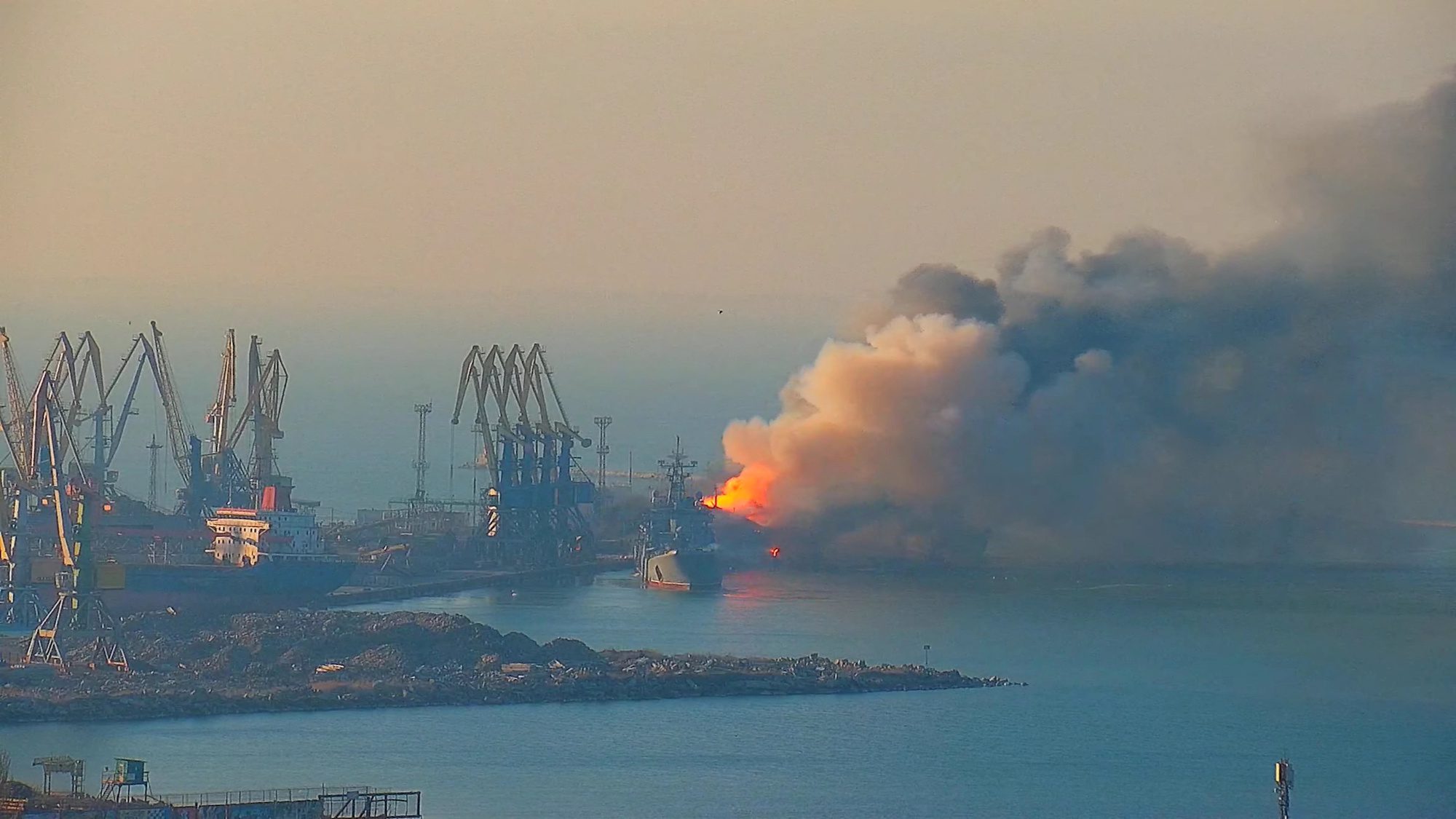Crew Rescued In Red Sea After Attack On Ship Near Yemen
CAIRO, July 6 (Reuters) – The crew of a ship set on fire in an attack in the Red Sea on Sunday abandoned the vessel and were rescued as it took on water, a British maritime agency said, in...

The maritime industry’s most anticipated annual report on incidents and casualties – Allianz’s Safety & Shipping Review 2022 – is out with a special supplemental section dedicated to the Ukraine war.
The shipping industry has been affected on multiple fronts by Russia’s invasion of Ukraine, with the loss of life and vessels in the Black Sea, disruption to trade, and the growing burden of sanctions. It also faces challenges to day-to-day operations, with knock-on effects for crew, the cost and availability of bunker fuel, and the potential for growing cyber risk.
The invasion has further ramifications for a global maritime industry already facing shortages. Russian seafarers account for just over 10% of the world’s 1.89 million workforce, while around 4% come from Ukraine. These seafarers may struggle to return home or rejoin ships at the end of contracts. Meanwhile, a prolonged conflict is likely to have deeper consequences, potentially reshaping global trade in energy and other commodities. An expanded ban on Russian oil could contribute to pushing up the cost of bunker fuel and impacting availability, potentially pushing ship owners to use alternative fuels. If such fuels are of substandard quality, this may result in machinery breakdown claims in the future. At the same time, security agencies continue to warn of a heightened prospect of cyber risks for the shipping sector such as GPS jamming, Automatic Identification System (AIS) spoofing and electronic interference.
“The insurance industry is likely to see a number of claims under specialist war policies from vessels damaged or lost to sea mines, rocket attacks and bombings in conflict zones,” explains Justus Heinrich, Global Product Leader, Marine Hull, at AGCS. “Insurers may also receive claims under marine war policies from vessels and cargo blocked or trapped in Ukrainian ports and coastal waters.”
The evolving range of sanctions against Russian interests presents a sizeable challenge. Violating sanctions can result in severe enforcement action, yet compliance can be a considerable burden. It can be difficult to establish the ultimate owner of a vessel, cargo, or counterparty. Sanctions also apply to various parts of the transport supply chain, including banking and insurance, as well as maritime support services, which makes compliance even more complex
You can find the full supplemental report here: Impact of Ukraine war on global shipping

Sign up for gCaptain’s newsletter and never miss an update

Subscribe to gCaptain Daily and stay informed with the latest global maritime and offshore news


Stay informed with the latest maritime and offshore news, delivered daily straight to your inbox
Essential news coupled with the finest maritime content sourced from across the globe.
Sign Up